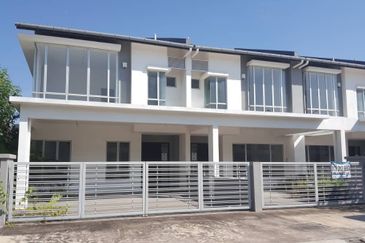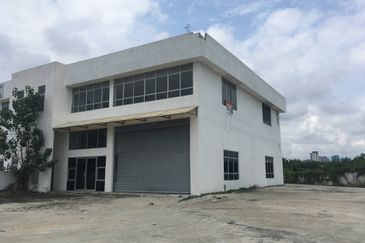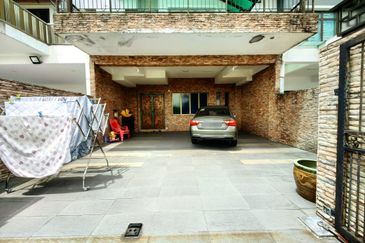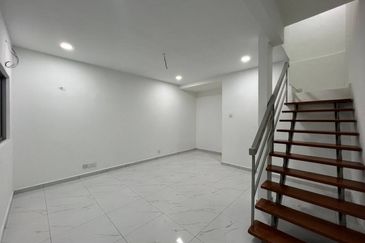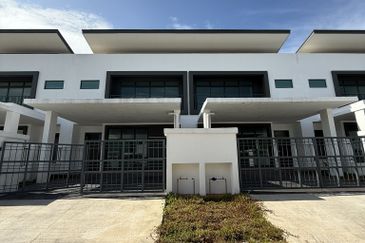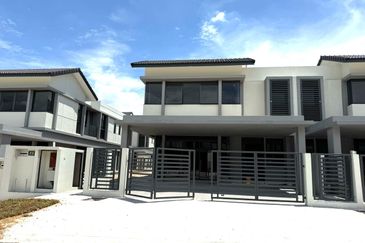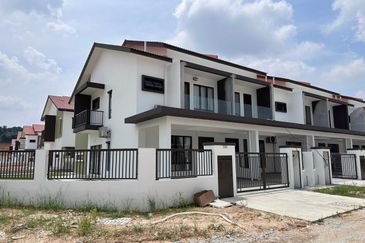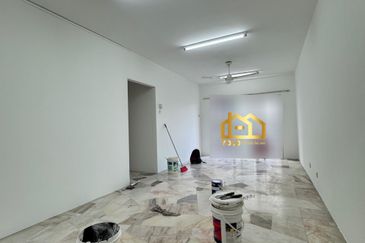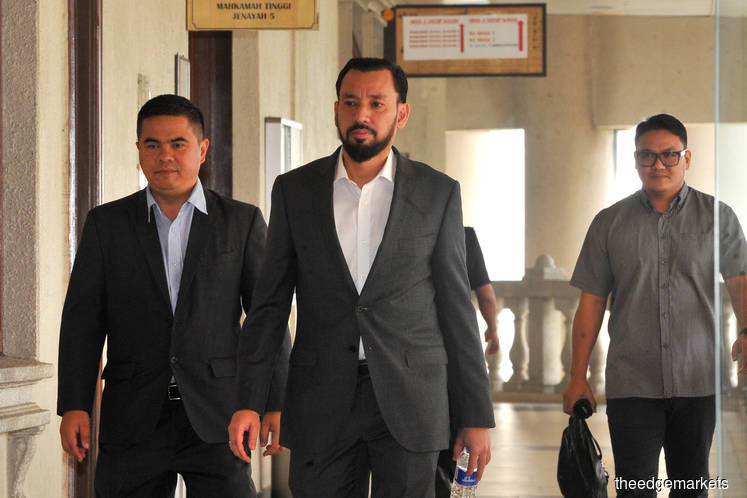
KUALA LUMPUR (Sept 17): Datuk Amhari Effendi Nazaruddin, one of the key prosecution witnesses in the 1Malaysia Development Bhd-Tanore (1MDB-Tanore) trial involving former premier Datuk Seri Najib Razak, initially disagreed that the Terengganu Investment Authority (TIA) was mooted by Terengganu's ruler Sultan Mizan Zainal Abidin's when he was the 13th Yang di-Pertuan Agong.
The 43-year-old insisted that TIA, which later became 1MDB, was Najib's "baby".
However, the witness' view changed during cross-examination by lead defence counsel Tan Sri Muhammad Shafee Abdullah, who showed Amhari several documents including Cabinet meeting minutes which had been declassified and TIA meeting minutes saying that it was not Najib, but the then Yang di-Pertuan Agong Sultan Mizan Zainal Abidin, who suggested the formation of TIA.
Shafee showed the witness Cabinet meeting minutes dated Dec 12, 2008, discussing a proposal to form the sovereign wealth fund with RM10 billion as announced by the then Yang di-Pertuan Agong, who had met then-Prime Minister Tun Abdullah Ahmad Badawi before the Cabinet meeting.
Part of the funding would come from the issuance of bonds while the rest would come from Terengganu's future oil revenue.
Shafee further read that the formation of TIA was to ensure that the state continues to receive some form of revenue should its oil well dry up.
Shafee: When you say his "baby", what do you mean?
Amhari: "Baby" is (because) he wants to (develop) it when he wants to be the PM. For example 1MDB and whatever policy can be described as his "baby" as it is important to him. I do not know if it was his idea.
Shafee: Since when (did it become) his baby?
Amhari: Since he wanted to (develop) it into something.
Shafee: You do not know whose idea it was to form TIA or 1MDB?
Amhari: I do not know.
Shafee: I suggest it is the idea of the Yang di-Pertuan Agong at that time?
Amhari: I do not know.
Shafee: I put it to you that you this TIA was the idea of the Sultan Terengganu and not Najib?
Amhari: I do not agree.
Meanwhile, Shafee also suggested that Terengganu received RM1.5 billion in oil royalty annually but the witness replied that he does not know the exact quantum.
He read out the cabinet meeting minutes dated Dec 12, 2008, in which the proposal to form TIA was discussed in detail, including the RM5 billion bond guarantee to ensure a win-win situation for all, as Terengganu's revenue from oil royalty was RM1.5 billion annually.
TIA would have a board of advisers that the Yang di-Pertuan Agong proposed to chair personally. However, this would have caused a legal conundrum as the monarch may not hold an executive post.
The senior lawyer further suggested that TIA was in fact the Sultan of Terengganu's project and Low Taek Jho, or better known as Jho Low, was involved in it at an early stage.
"I know Jho Low was involved early but I did not know that the idea came that way from the Terengganu Sultan," replied the witness.
Shafee also requested all the document minutes be marked to prove the idea to form TIA did not come from Najib but from the Sultan of Terengganu.
The witness was also asked by the senior lawyer whom was Jho Low representing in the TIA meeting, and Amhari replied the Penang-born businessman was to facilitate the whole thing.
"He (Jho Low) was there to 'mechanise' the idea of TIA in order to facilitate its implementation. However, I cannot remember whether he played a role in recommending which banks," said Amhari.
At an earlier TIA meeting dated March 5, 2009, it was revealed that JPMorgan, Goldman Sachs and Nomura had offered to finance the RM5 billion loan but Nomura did not put up any proposal paper. In the end, the deal went to AmInvestment Bank Bhd.
The hearing before Justice Collin Lawrence Sequerah continues in the afternoon.






